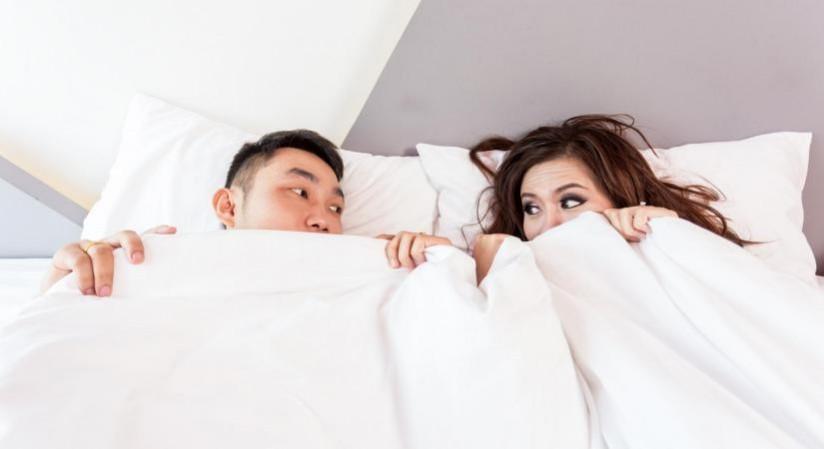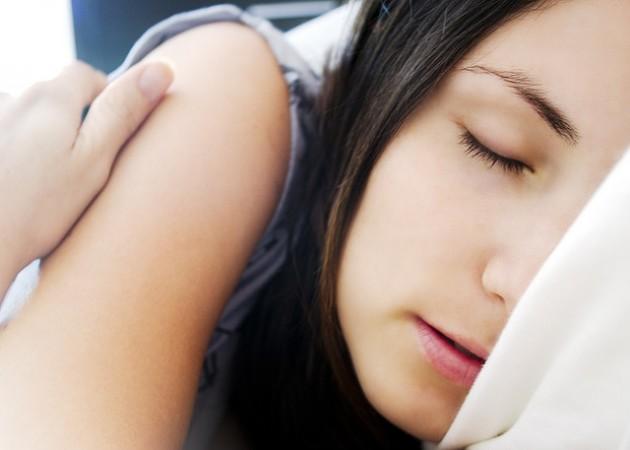
Sleep disorders, particularly snoring and sleep apnea, have been a topic of concern among medical experts in India. Snoring, a common sleep-related breathing disorder, is often associated with Obstructive Sleep Apnea (OSA), a more severe condition characterized by recurrent episodes of complete or partial obstruction of the upper airway during sleep.
These episodes, termed apnoeas and hypopneas, lead to reduced or absent breathing, causing significant health risks if left untreated.
According to Dr. Manoj Pawar, Associate Consultant - Pulmonology, Manipal Hospital, Kharadi, Pune, more than 12 crore people in India reportedly suffer from OSA. While not all snoring is dangerous, it may be of concern if an individual suffers from excessive daytime sleepiness or restless sleep due to it. The prominent symptom is excessive daytime sleepiness wherein patients tend to sleep very easily during daytime mostly while watching TV, sitting with the other members of the family, reading newspapers, and even while driving a car. It can be very dangerous.
Sleep apnea can also cause early morning headaches, insomnia, trouble concentrating on things, mood changes, a decrease in sex drive, and an increase in urinary frequency. When the obstruction is severe, the oxygen supply to the various body organs is affected leading to apnoea (stoppage of breathing). Because of lack of oxygen, they suffer from a variety of neuropsychiatric symptoms such as tiredness, daytime sleepiness, irritability, and lack of concentration.

The Serious Implications of Untreated Sleep Apnea
Dr Santosh Bangar, Senior Consultant Psychiatrist, Global Hospital, Parel, Mumbai, highlighted the serious implications of untreated sleep apnea. "It is a major cause of divorce and road traffic accidents, and can lead to mental and physical health complications hypertension (high blood pressure), diabetes, irregular heart rhythm, heart attack, sudden cardiac death, stroke (paralysis), dementia and depression," he added.
Sleep apnea is also more common in men with a short neck, large tongue, and jaw abnormality. Besides obese individuals, it can also be seen in thin people and can be hereditary. The experts called for a healthy lifestyle, weight reduction, regular exercise, eating a light dinner, and avoiding sleep tablets, smoking, and alcohol. Wearing a mask (CPAP, Continuous positive airway pressure) or jaw braces may also help.
The importance of recognizing and treating sleep disorders cannot be overstated. Untreated sleep apnea can lead to several serious health risks, including increased risk of heart problems, type 2 diabetes, metabolic syndrome, mental health issues, daytime sleepiness, impaired memory and concentration, increased risk of mortality, complications in pregnancy, and a weakened immune system.
The Role of CPAP Therapy in Treating Sleep Apnea
Continuous Positive Airway Pressure (CPAP) therapy is a common treatment for sleep apnea. A CPAP machine delivers a steady stream of pressurized air through a mask worn over the nose, mouth, or both. This air pressure acts as a gentle 'pillow' that keeps the throat muscles from collapsing, preventing the airway from becoming blocked.
As a result, normal breathing is maintained throughout the night, reducing or eliminating apnea events and improving overall sleep quality. Regular use of CPAP can significantly reduce the risks associated with sleep apnea and enhance daily functioning.
In conclusion, sleep disorders like snoring and sleep apnea are serious health concerns that require immediate attention. Awareness about these conditions and their potential health risks is crucial. Lifestyle modifications, along with medical interventions like CPAP therapy, can significantly improve the quality of life for those suffering from these conditions. It is essential to consult a healthcare professional if you experience symptoms of sleep apnea to ensure timely diagnosis and treatment.

















